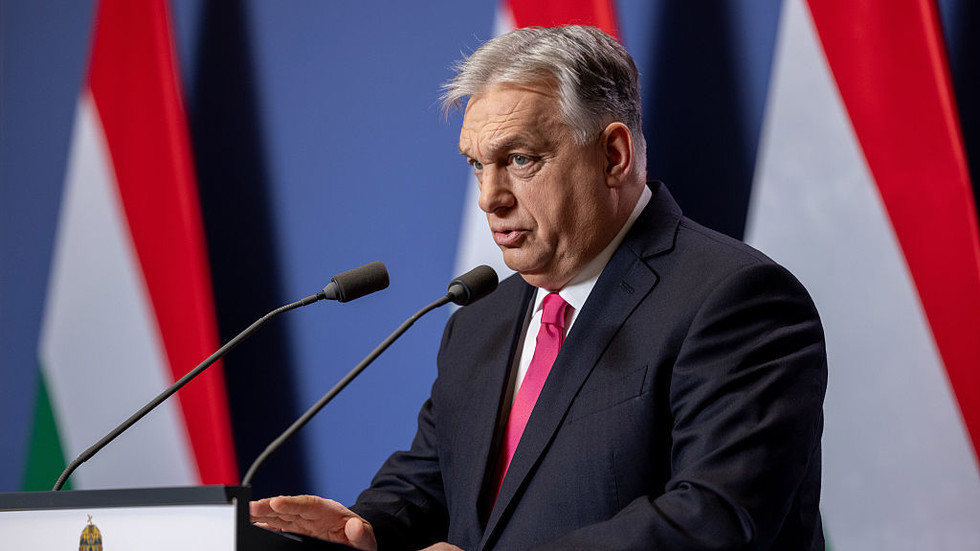Nigerian President Bola Tinubu has enacted sweeping reforms to modernize the country’s insurance sector, positioning it as a cornerstone of broader ambitions to expand the economy to $1 trillion. The Nigerian Insurance Industry Reform Act (NIIRA) 2025, ratified this week, replaces outdated legislation with a unified regulatory framework aimed at boosting transparency, innovation, and regional competitiveness, according to a statement from presidential spokesman Bayo Onanuga.
The new law merges decades-old insurance and reinsurance regulations into a single structure, granting the National Insurance Commission enhanced oversight of all industry operators. Onanuga emphasized that the reforms reflect the administration’s “commitment to financial stability, economic development, and inclusive growth,” aligning with long-term goals to transform Nigeria into a continental financial hub.
Key provisions include stricter capital requirements for insurers to ensure solvency and mandatory coverage policies to protect consumers. The government also aims to accelerate digitization of the sector, streamlining access and operational efficiency. Delayed claim payouts will now face “zero tolerance” penalties, while newly established policyholder protection funds aim to restore public trust. The law further integrates Nigeria into regional initiatives like the ECOWAS Brown Card, a cross-border insurance scheme for member states in West Africa.
“This is a pivotal shift for an industry that has long struggled with low penetration and public skepticism,” Onanuga said. Official data indicates less than 1% of Nigerians held insurance policies as of 2023, a gap the reforms seek to address through expanded oversight and public awareness campaigns.
The National Insurance Commission will spearhead implementation, with mandates to improve market accessibility, particularly in underserved rural areas. Analysts suggest the tougher capital rules could trigger industry consolidation, potentially attracting foreign investors eyeing Africa’s largest economy. The government has also linked the reforms to job creation, particularly in tech-driven insurance services.
Global stakeholders have cautiously welcomed the changes. “Harmonizing regulations and enforcing accountability could position Nigeria as a model for emerging markets,” said a Lagos-based financial strategist, speaking anonymously due to corporate policies. However, challenges remain, including lingering public distrust and the logistical hurdles of digitizing services in regions with limited infrastructure.
The Tinubu administration has framed the law as part of its “Renewed Hope Agenda,” pitching it as essential to shielding households and businesses from economic shocks while unlocking private investment. If effective, officials project the sector’s contribution to Nigeria’s GDP could rise from 0.3% to 3% within a decade, aligning with broader targets to diversify the economy beyond oil.
As the reforms take effect, attention now shifts to regulatory enforcement and whether the promised efficiency gains can translate into tangible benefits for consumers and investors alike.



